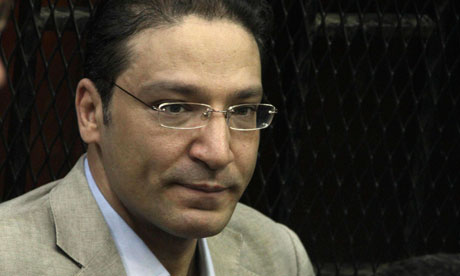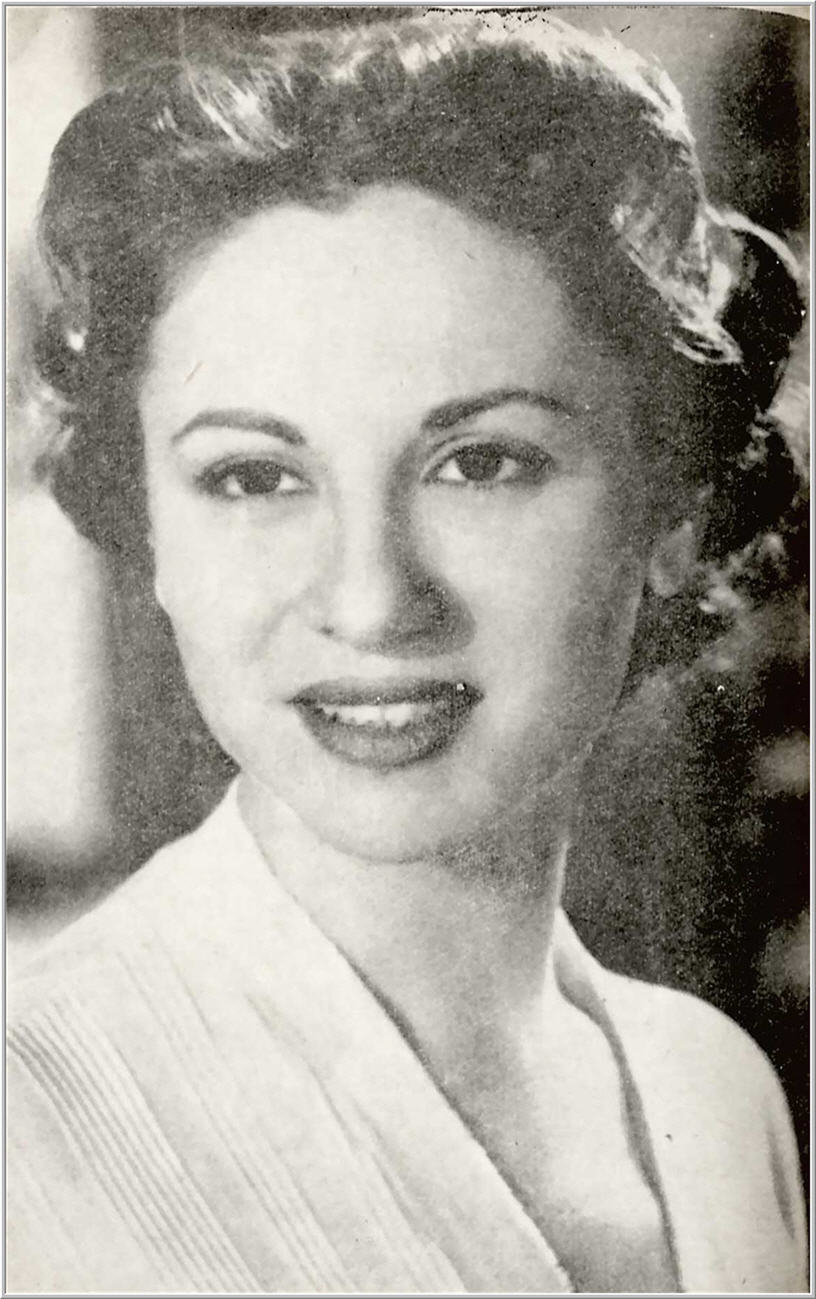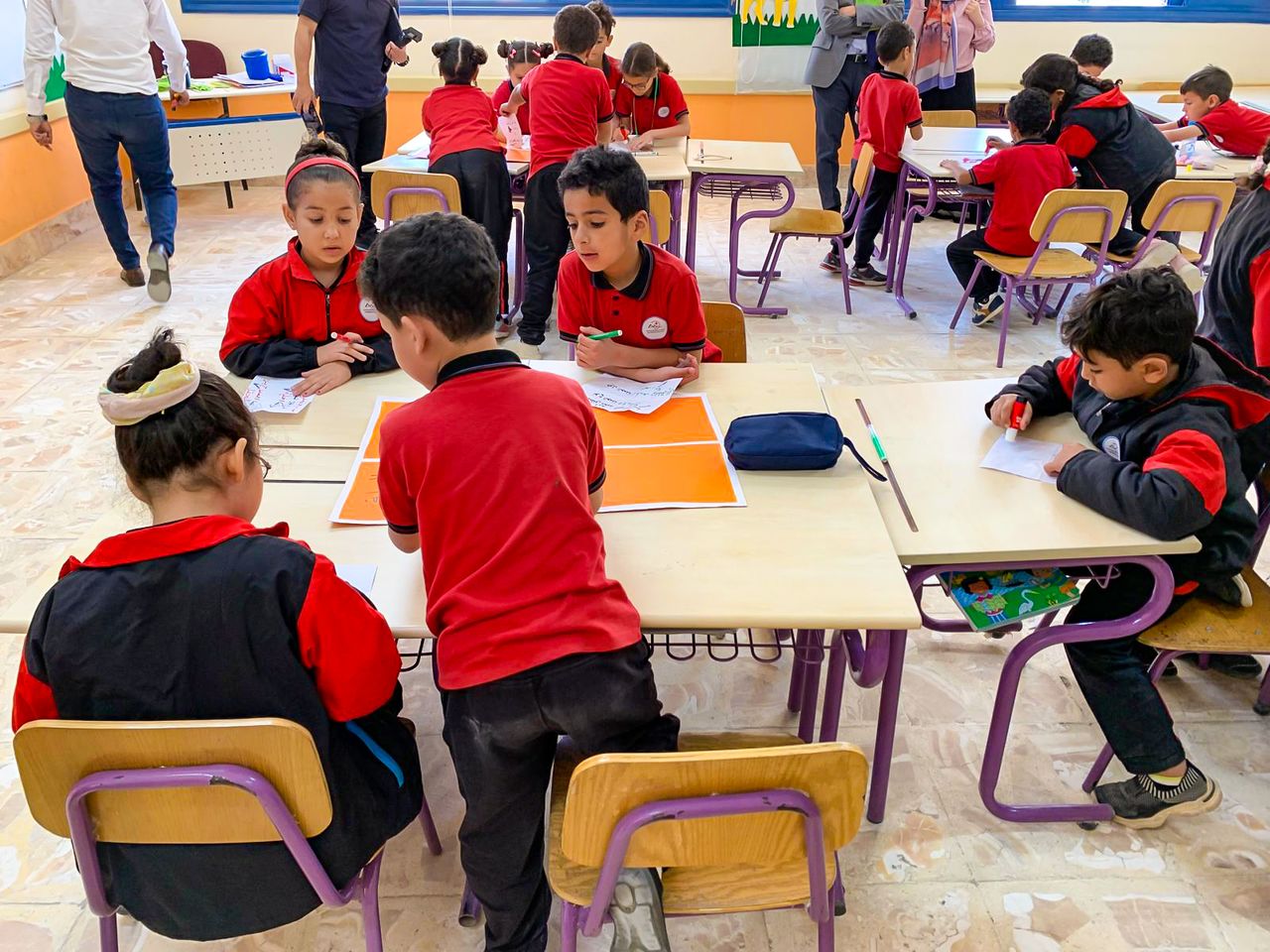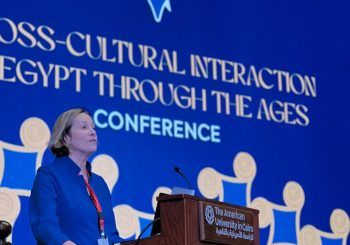I originally published this article on ABC’s The Drum in May. It has been updated to include recent events.
Since the inception of cinematography, Egyptian filmmakers have embraced the idea of shadows dancing across a white screen to reflect the true face of Egyptian society. The audience is immersed in the silver-screen, allowing them to experience films as if they were part of the story – and in many cases they are because cinema often projects their stories. That is why cinema should play an important role following the January 25th Revolution, where Egyptians started a new chapter in their civilisation. Instead, with the rise of fundamentalism, an Islamist dominated parliament (that was dissolved in June) , and a President who comes from the Muslim Brotherhood, Egyptian cinema faces an uncertain future.

Following last year’s historic events, old photographs of Cairo’s Tahrir Square, where millions protested against Hosni Mubarak’s regime, and classic films showing an elegant and prosperous Egyptian society are common postings by Egyptians on my social networks. Even with my broken Arabic, I understand why Egyptians have been looking at the ‘golden years’ of Egyptian cinema in order to see how to achieve a better future.
[slideshow]
As an Egyptian, I have found that films from the golden years of Egyptian cinema are a great representation of what Egypt could become post-Mubarak. During these years, from 1930-1967, the vibrant Egyptian cinema industry, which according to historian Bernard Lewis was the third largest in the world, mirrored Egypt’s cultural, economic, and political advances. It was during this time that classics, such as El Boassa (1944), an Egyptian adaptation of Hugo’s literary masterpiece Les Misérables, were produced.
However, it isn’t Egypt’s prosperity that I find intriguing about the golden years. Instead, it is how cinema reflected a truly accepting society, free of any prejudice. Egyptian film critic Samir Farid describes the period as having a “liberal-spirited cinema, unhampered by sectarian and ethnic prejudices, championing the rights of women, children, and the poor”. The comedy Hassan, Morcos, and Cohen (1954), which surrounds a plot involving a Christian, a Muslim, and a Jew, brilliantly illustrates the spirit and values of a bygone age in Egypt that was unhampered by religious intolerance.
Since that golden age, Egyptian society has experienced dramatic developments: a harmonious illustration of Egypt through film has turned into a despairing one. Using a similar name, Hassan and Morcos (2008) presents a shockingly contrasting depiction of society. Christians and Muslims in Egypt have been in a quarrel for the past decade, often leading to violent clashes that have left many dead.

Even after the revolution, sectarian tensions have reignited, highlighting the deep-rooted prejudice that has developed within Egyptian society. Watching the 1954 film and then the 2008 film is heartbreaking. How has extremism resulted in such bitter hatred among Egyptians?
At the time, Adel Imam, one of Egypt’s most beloved comedians and co-star in the film, stated, “I have declared war using art against the extremists – against those who foment differences between us.” Four years later, the powerful message sent by the film and the actor still resonates in my mind. In the wake of a new Egypt, there’s no better time than now to unite – unity that was demonstrated when Christians held hands to protect praying Muslims in Cairo’s volatile Tahrir Square.

Yet Egypt’s hope for a better future is in serious jeopardy. In April, Imam was sentenced to three months in jail for portraying fundamentalists in a negative light. His attempts at fostering national unity landed him in hot water with the Islamists that now control three quarters of Egyptian parliament. Setting a dangerous precedent, this lawsuit is bound to restrict Egyptian filmmakers’ freedom of speech – freedom of speech that should be respected after young Egyptians spent 18 days passionately calling for “Bread, equality, and freedom”.
Even more alarming is a law that was recently proposed to the now-dissolved Islamist-dominated parliament calling for the censorship of films, including old ones. Ironically, under the old regime, Egyptian Cinema was relatively free. Although filmmakers couldn’t directly criticise the government, several films such as The President’s Chef (2008) translucently depicted ministers and businessmen as corrupt, and clearly displayed the discontent of Egyptians towards their government. Yet, after the revolution, it would appear that freedom of speech is under more threat than it was under Mubarak’s autocratic regime.

Furthermore, several journalists, including the owner of a popular Egyptian newspaper, El Dostor, have recently been arrested for ‘insulting’ the newly-elected President. This goes against the ideals of democracy which include free speech and expression – ideals that should be upheld following the revolution.
The message is clear: challenges to societal norms will not be tolerated, even after the revolution. Nevertheless, to censor people’s ability to express themselves through art would ultimately betray what millions of young Egyptians had chanted for during the 2011 revolution. The art of storytelling has been practiced for 5,000 years, from detailed paintings on the inner-walls of monuments to blogs on the internet. It is an art that should never stop revealing the daily-life scenes of Egyptians. Calls for liberty and equality are at risk of being lost in the shadows of absurd laws and norms, jeopardising the country’s future.







Comments (10)
xcn5bsn5bvtb7sdn5cnvbttecc
[…]check below, are some totally unrelated internet sites to ours, nevertheless, they may be most trustworthy sources that we use[…]
ccn2785xdnwdc5bwedsj4wsndb
[…]check below, are some entirely unrelated sites to ours, however, they are most trustworthy sources that we use[…]